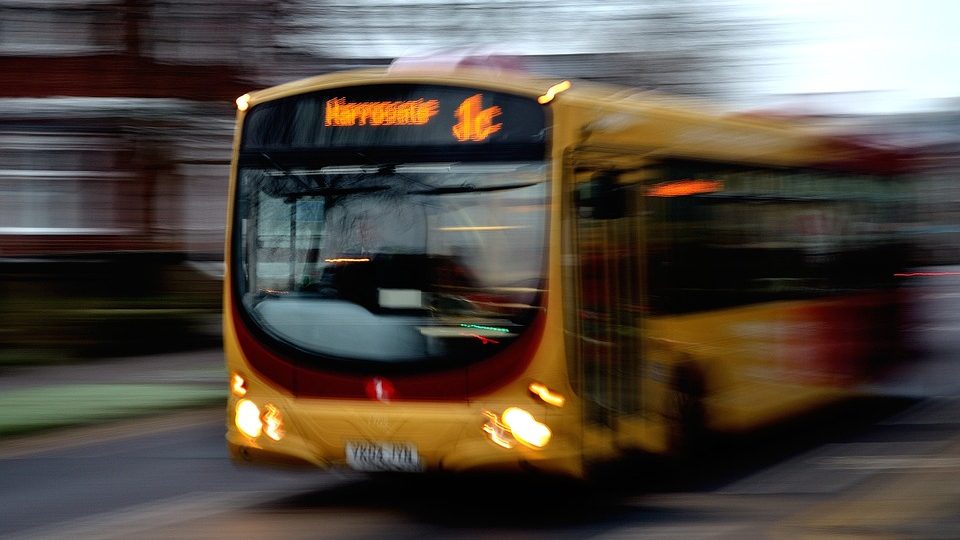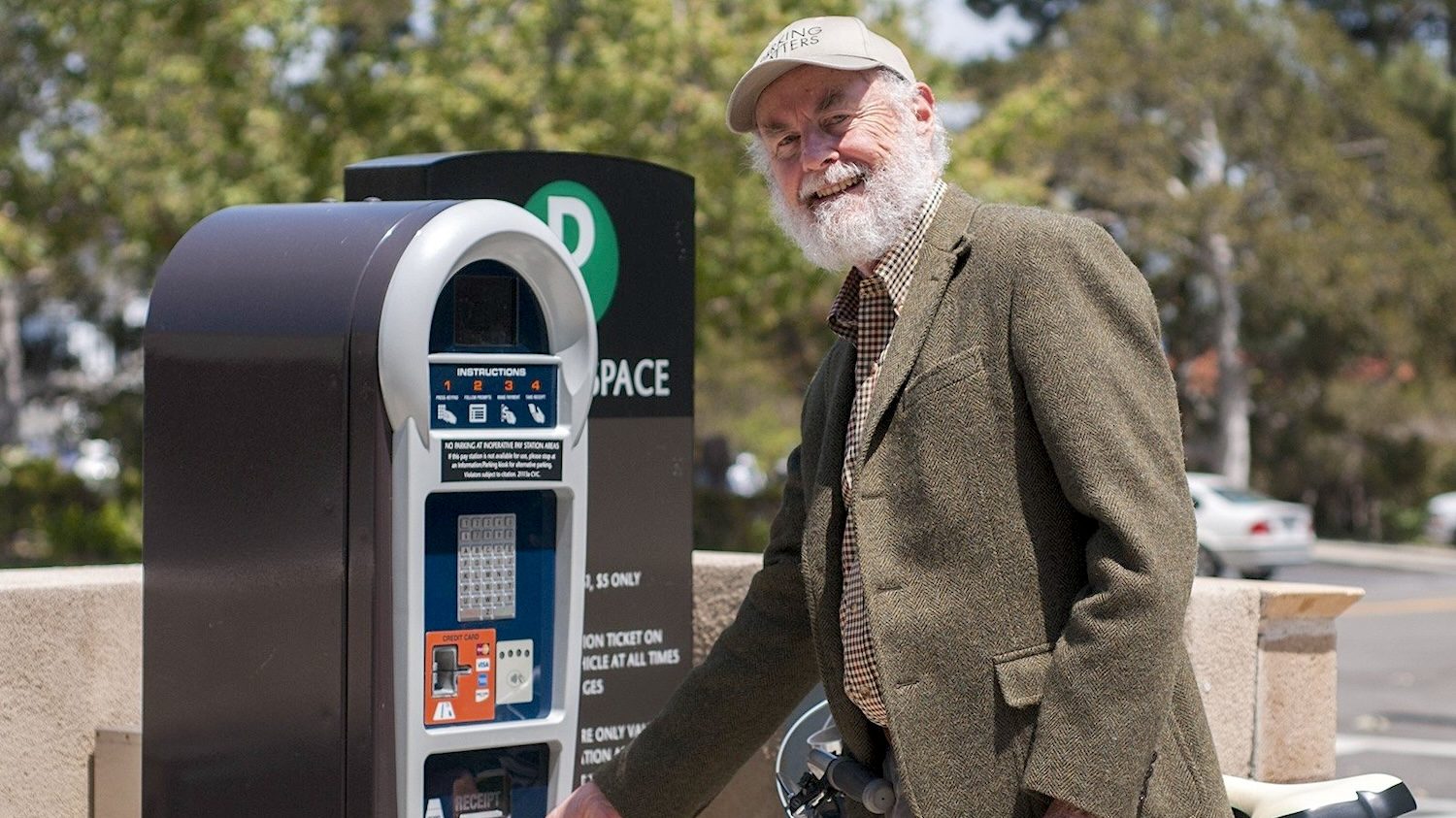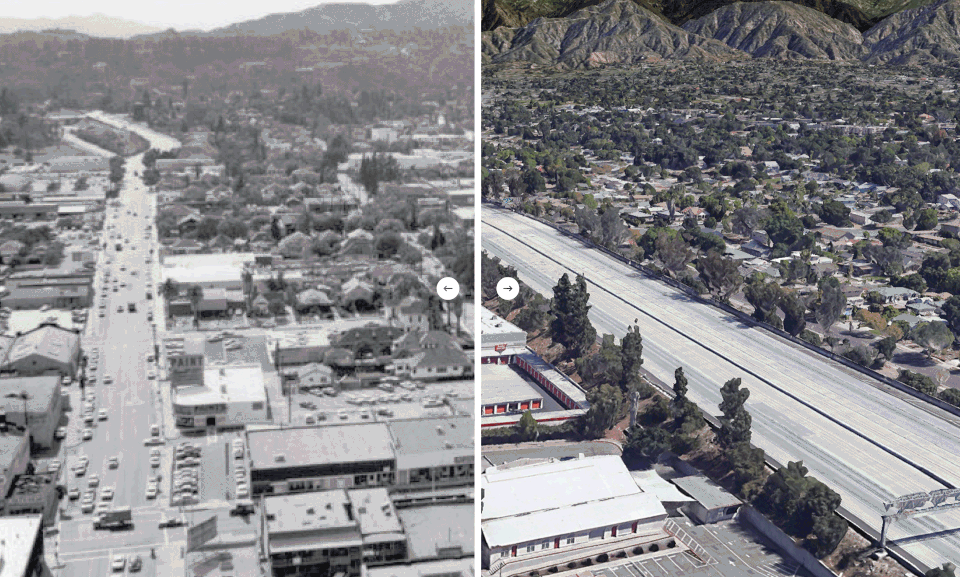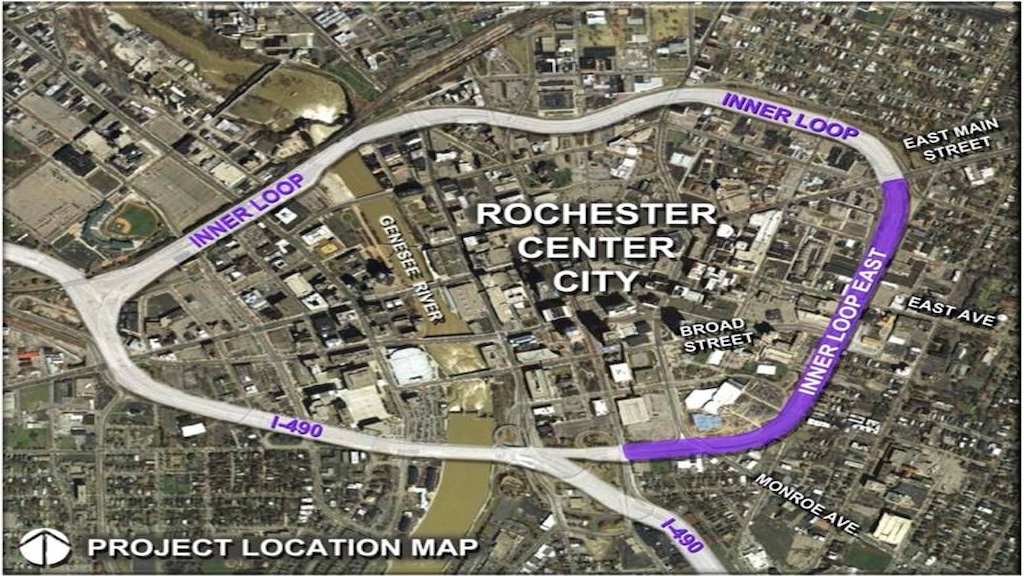PSR Research: Employment and education can predict daily travel patterns

Fragmentation is defined as the sequencing of multiple short activities and trips in a person’s daily schedule. Fragmentation is a normal aspect of travel behavior — people need to travel for a wide range of work, education, household, and leisure purposes — yet researchers have little understanding of how and why fragmentation occurs. In “An Analysis of Accessibility, Social Interaction, and Travel Fragmentation in California,” Konstandinos G. Goulias and Elizabeth C. McBride at UC Santa Barbara and Adam W. Davis at UC Davis used data from the California Household Travel Survey to understand where people go and how long they stay at each place.
The researchers developed a classification system of nine patterns of daily time-place movement. Next, they examined the behavioral characteristics of each pattern, and identified relationships between travel patterns and socio-demographic characteristics. The study found that employment and education are critical predictors of daily travel, and that having children in the household increases the complexity of fragmentation. The research findings also reinforced the theory that women with children experience greater fragmentation — and thus, more complex travel patterns — due to child care and household responsibilities.
The authors hoped for their research to inform implementation of SB 375. In the future, they believe their research will support integration of Mobility as a Service (MaaS) in transportation systems to increase flexibility and meet fragmented transportation needs.
This research was supported by the Pacific Southwest Region University Transportation Center, the Region 9 University Transportation Center funded under the U.S. Department of Transportation’s University Transportation Centers Program. Established in 2016, the Pacific Southwest Region UTC is led by the University of Southern California and includes seven partners: Long Beach State University; UC Davis; UC Irvine; UCLA; University of Hawaii; Northern Arizona University; Pima Community College.
PSR conducts an integrated, multidisciplinary program of research, education and technology transfer aimed at improving the mobility of people and goods throughout the region. Its program is organized around four themes: 1) technology to address transportation problems and improve mobility; 2) improving mobility for vulnerable populations; 3) improving resilience and protecting the environment; and 4) managing mobility in high growth areas.



